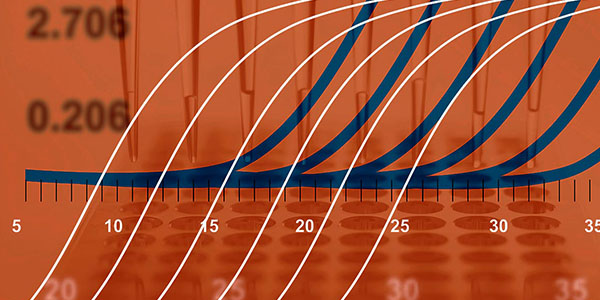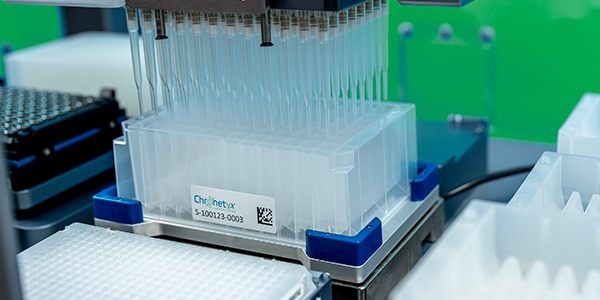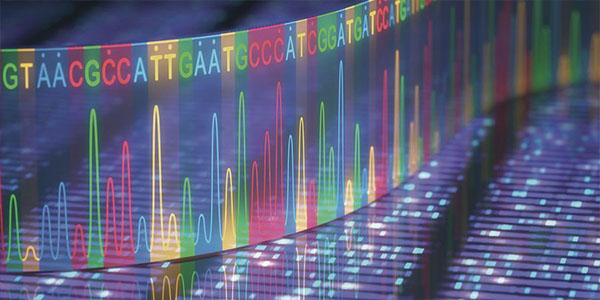
Quantitative Polymerase Chain Reaction (qPCR) is a powerful, cost-effective, efficient, reliable, and rapid technology used in real-time to detect and quantify naturally occurring and mutated nucleic acids (DNA/RNA) present in a specimen. qPCR has widespread applications in clinical diagnostics. The technology is used to accurately detect and quantify very low amounts of DNA and RNA molecules. This is important when sample quantity is limited or rare as in the case of tumor.
qPCR provides precise quantification of target nucleic acids. For some types of blood cancers this allows for monitoring disease progression, assessing treatment efficacy, and detecting Minimal Residual Disease (MRD) with unmatched unparalleled sensitivity and precision. qPCR is also used to detect and identify genetic abnormalities associated with inherited diseases, information that can help individuals and families make informed decisions that lead to better health outcomes. qPCR also allows for the rapid, specific, and highly sensitive testing of more common bacterial and viral pathogens. Rapid identification of pathogen and associated antimicrobial resistance biomarkers informs clinicians of the proper treatment that saves both time and money, while alleviating suffering.

Cyx Solid Tumor 505
Cyx Solid Tumor 505 enables rapid and actionable genomic insights for all patients
with advanced cancer. FDA-cleared and CE-IVD-marked comprehensive tumor
profiling affords every patient access to personalized treatment options.

UTI – PCR Pathogen Identification & Resistance Gene Detection
We can detect bacteria in a higher number of symptomatic patients than with urine culture. PCR can also detect more polymicrobial infections compared to urine culture.

Next-generation
Sequencing (NGS)
Next-Generation Sequencing (NGS) is a cutting-edge technology that is indispensable to providing the most accurate, complete, and tailored diagnostic information to clinicians for clinical care.